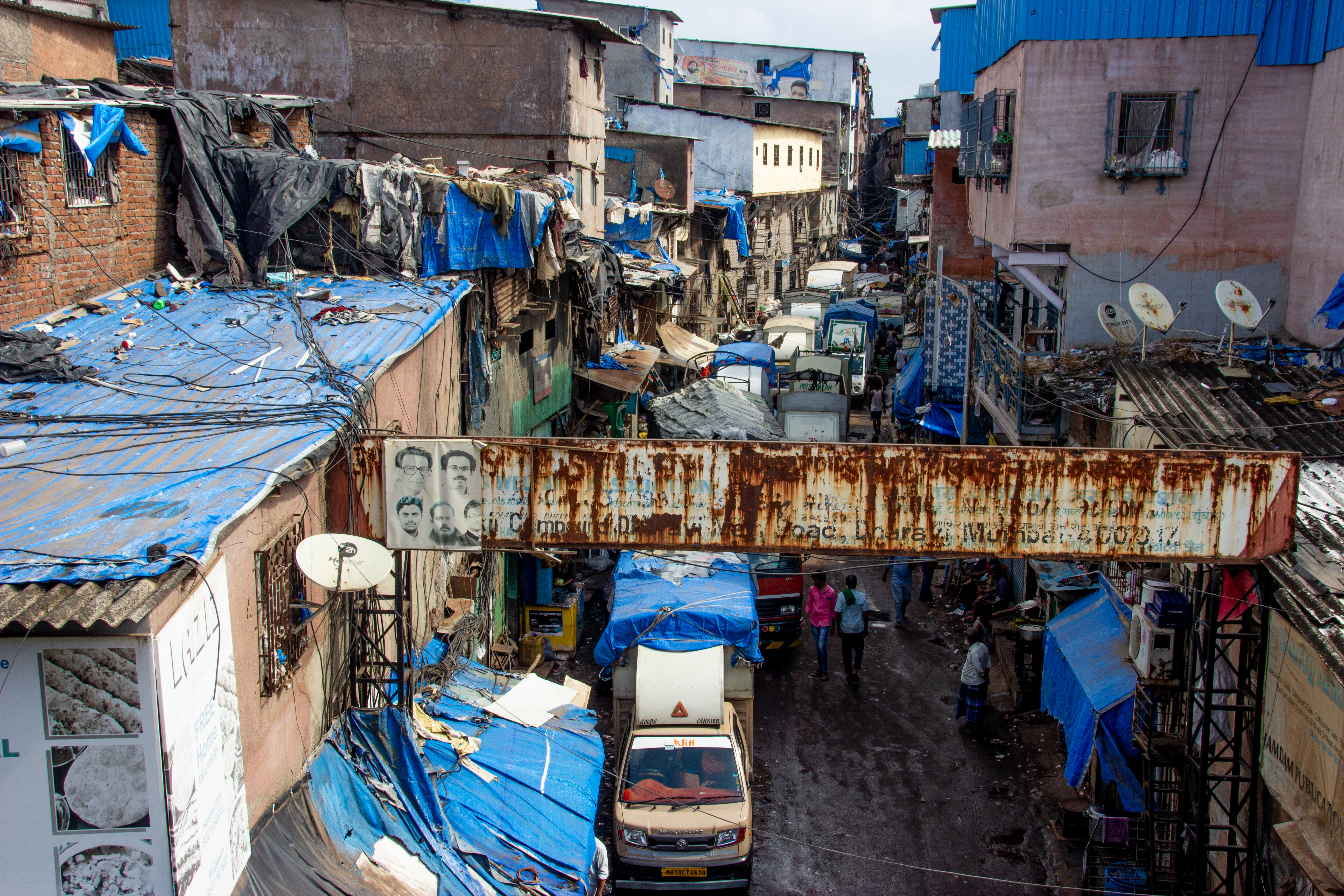In Mumbai, waste pickers do the heavy lifting of recycling
Ali Mohammad, a recycler in Dharavi, an informal settlement in Mumbai, one of India’s largest cities, sorts through a mountain of plastic ice cream cartons, which are destined to become anything from hair combs to water buckets.
“The life of plastic never ends. It breaks, then, in one month or so, it comes back as another thing,” he said.
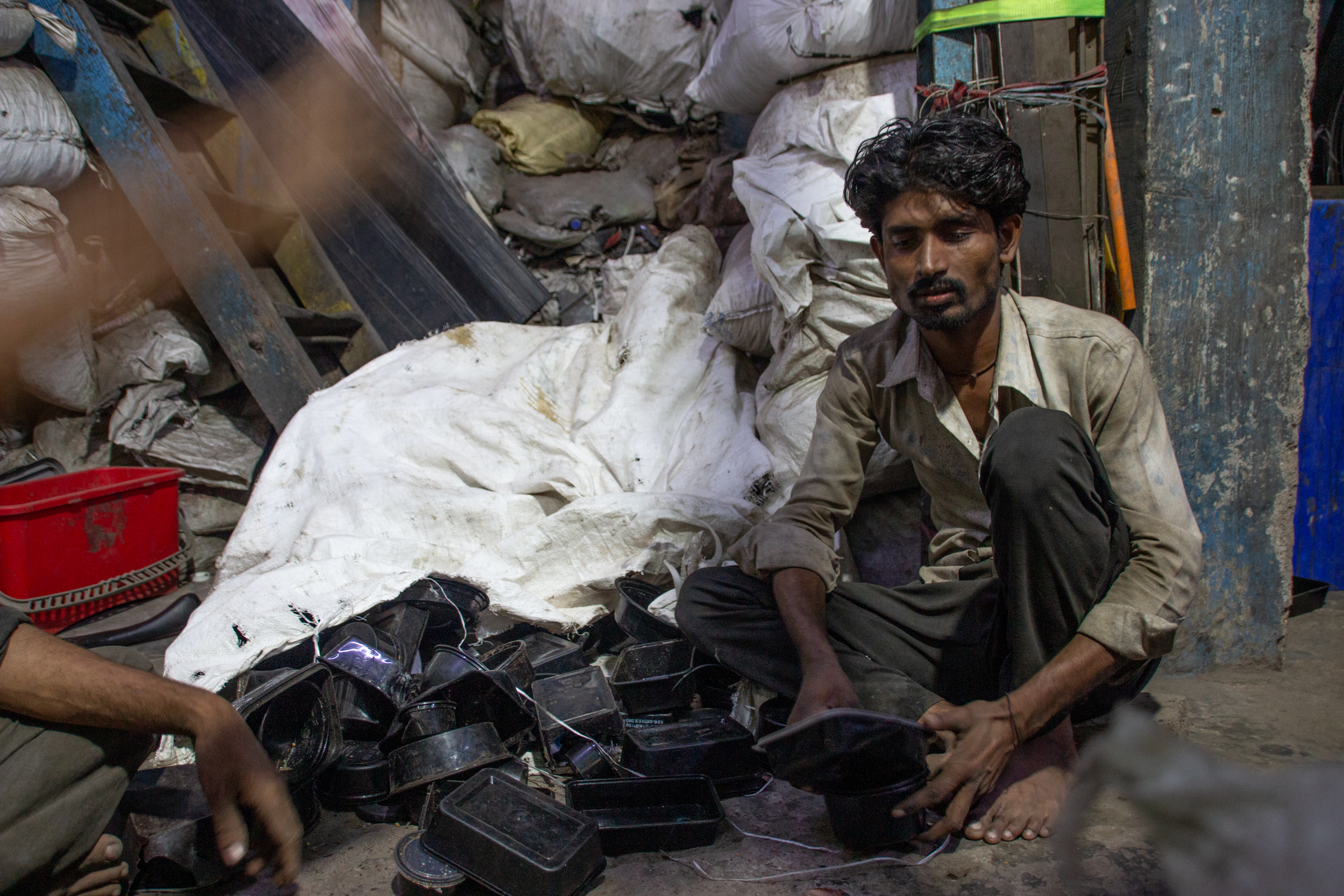
After moving here from Uttar Pradesh, a large state in northern India, Mohammad has spent the past four years separating, washing and chopping plastic as part of Dharavi’s bustling recycling operation.
In Mumbai, home to 20 million people, waste ends up in Dharavi with recyclers like Mohammad. A quarter of the people living here are employed in recycling at least 60% of the city’s plastic — a recycling rate far higher than the average in the US.
The recyclables that Mohammad digs through in a one-room, independent shop come from waste pickers who gather the recycling from the landfills and streets. Both groups of workers are crucial — and interlinked — in India, which is grappling with how to manage the rapid growth of plastics and other solid wastes.
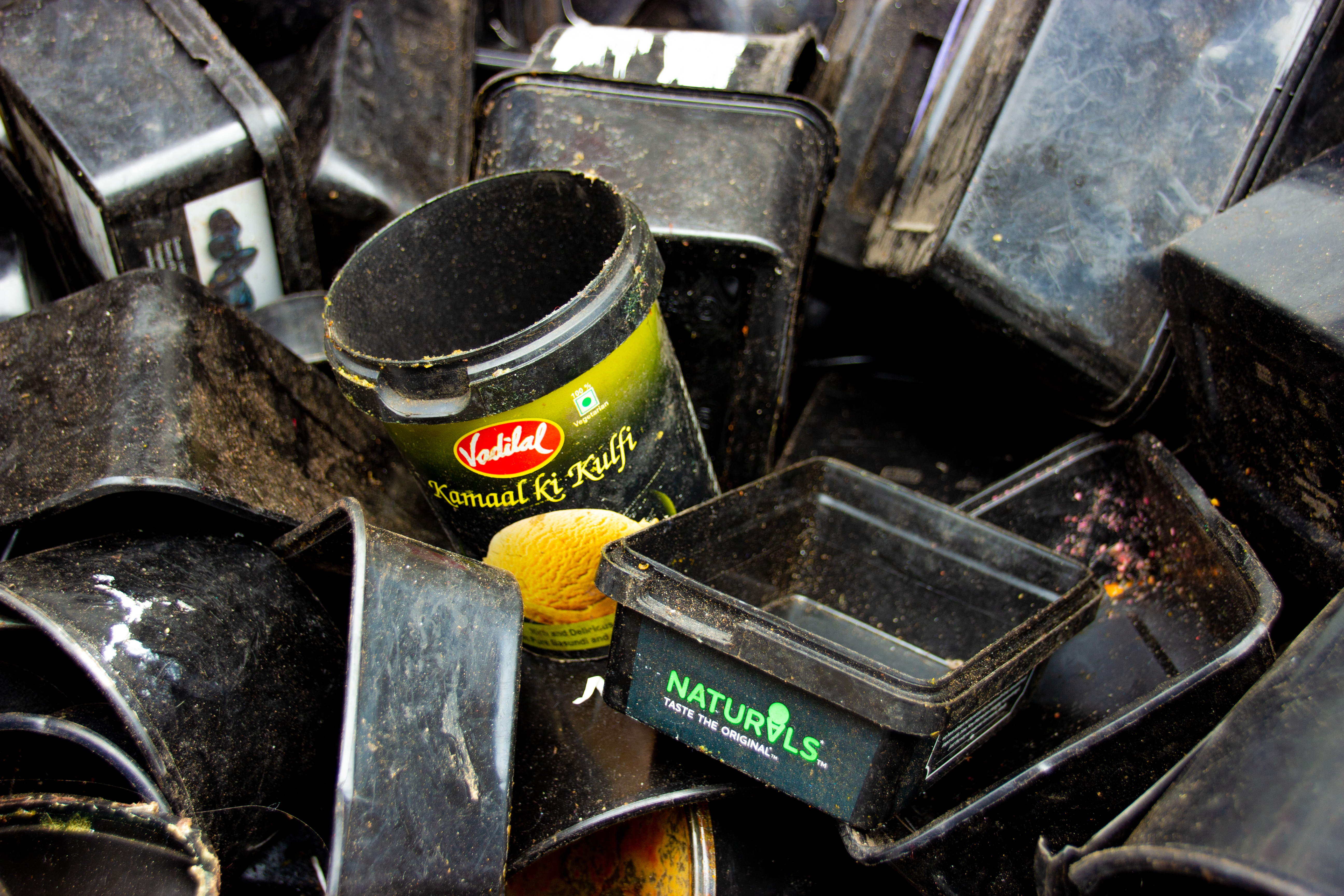
In Mumbai, a city crushed by the amount of garbage discarded each day, waste pickers help make this metropolis livable. And for every bottle and bag collected, that’s less plastic that ends up in the ocean.
The process begins in neighborhoods like Bandra, 20 minutes from Dharavi where Sheikh Salim gathered litter on the side of a road.
Salim, a waste picker, set down an enormous bag and listed the contents so far: “There is paper, these are bottles, this is a metal container, a thin sheet of plastic.”
He added, “I will take this waste to the scrap dealer who will weigh it and whatever, 150 rupees [$1.80], I will get.”
From the scrap dealer, most of the dry waste will eventually go to a recycler. In Mumbai, that could be a small-scale operation in Dharavi.
Though municipalities often also have a centralized, official version of waste management — for instance, garbage trucks that collect each day from households and some recycling centers — they tacitly rely on waste pickers and unlicensed recycling centers to augment their services.
Separating the recycling
Swati Singh Sambyal, an independent waste management expert, said that this interconnected waste management process is convoluted: “There’s a formal system of management, there’s an informal system of management, and that’s where the chaos is.”
Sambyal noted that since the Indian government issued its Solid Waste Management Rules 2016, the mindset of many Indians has been changing — and that is a good thing.
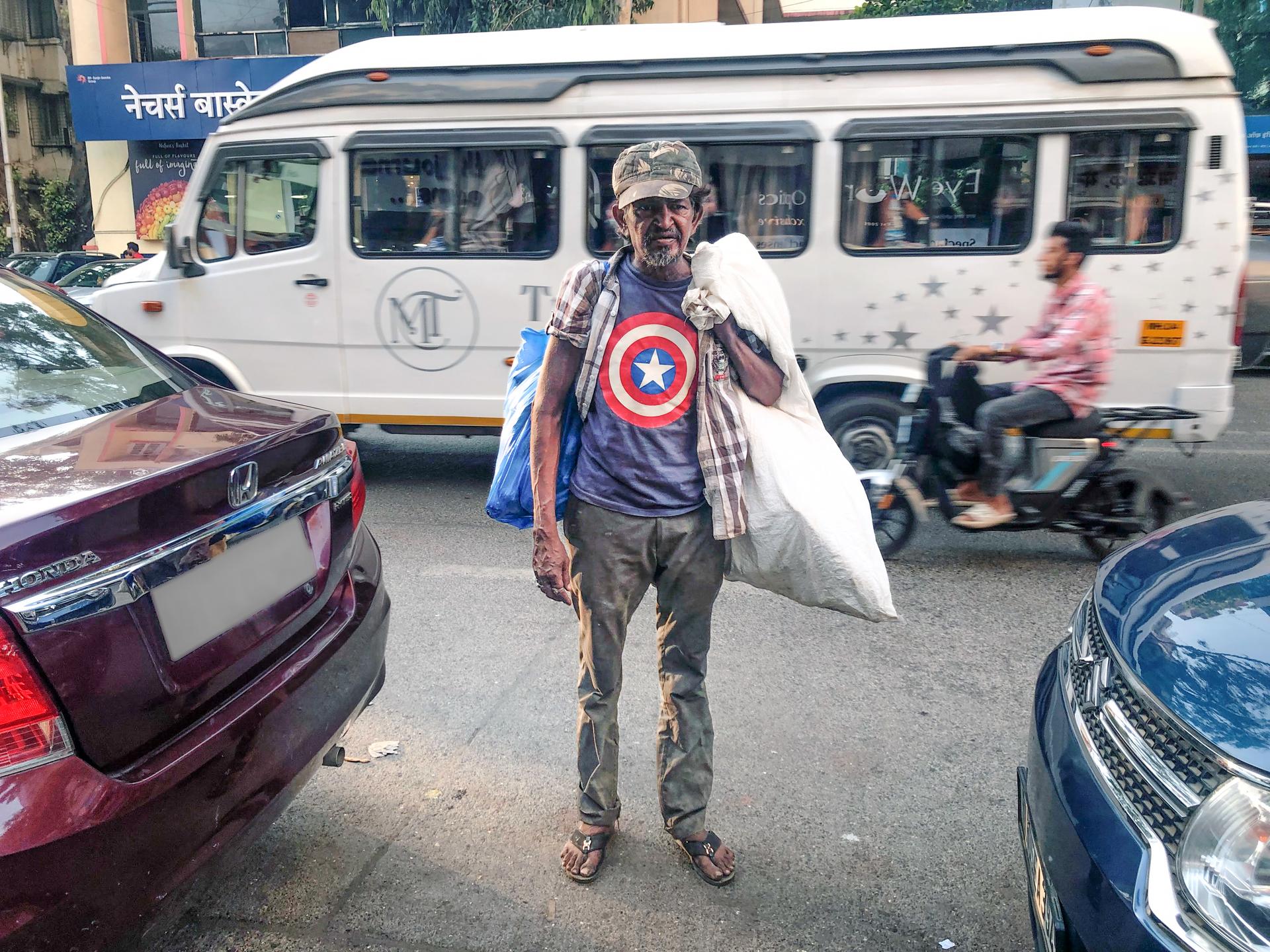
These rules, which mandate that homes and businesses should separate dry, wet and hazardous waste, have sparked a growing awareness about the importance of scientifically managing trash.
Still, many households don’t. Instead, they might toss plastic water bottles in with food scraps and diapers. And Sambyal said that even when families do separate their trash, the city garbage collectors might toss it all together.
“Perhaps, if I’m doing it [waste segregation] as a resident, it’s being collected and then mixed, and then, say, going to a facility where it’s burned. Me segregating then goes down the drain.”
Or, municipal sanitation trucks might just dump everything into landfills that other waste pickers then dig through, which is dangerous work.
As experts consider ways of improving this system, Sambyal said an important question to ask is: “How do we formalize the informal sector, or if we’re not able to do so, how do we bring them into our processes?”
It’s a question Sushila Sable is also asking. She is part of a women’s empowerment group in Mumbai called Stree Mukti Sanghatana.
For decades, she did the hazardous and difficult work of gathering recyclables from a nearby dumping ground. Now, she works to organize them.
Sable said it is high time that waste pickers be officially recognized for their important role.
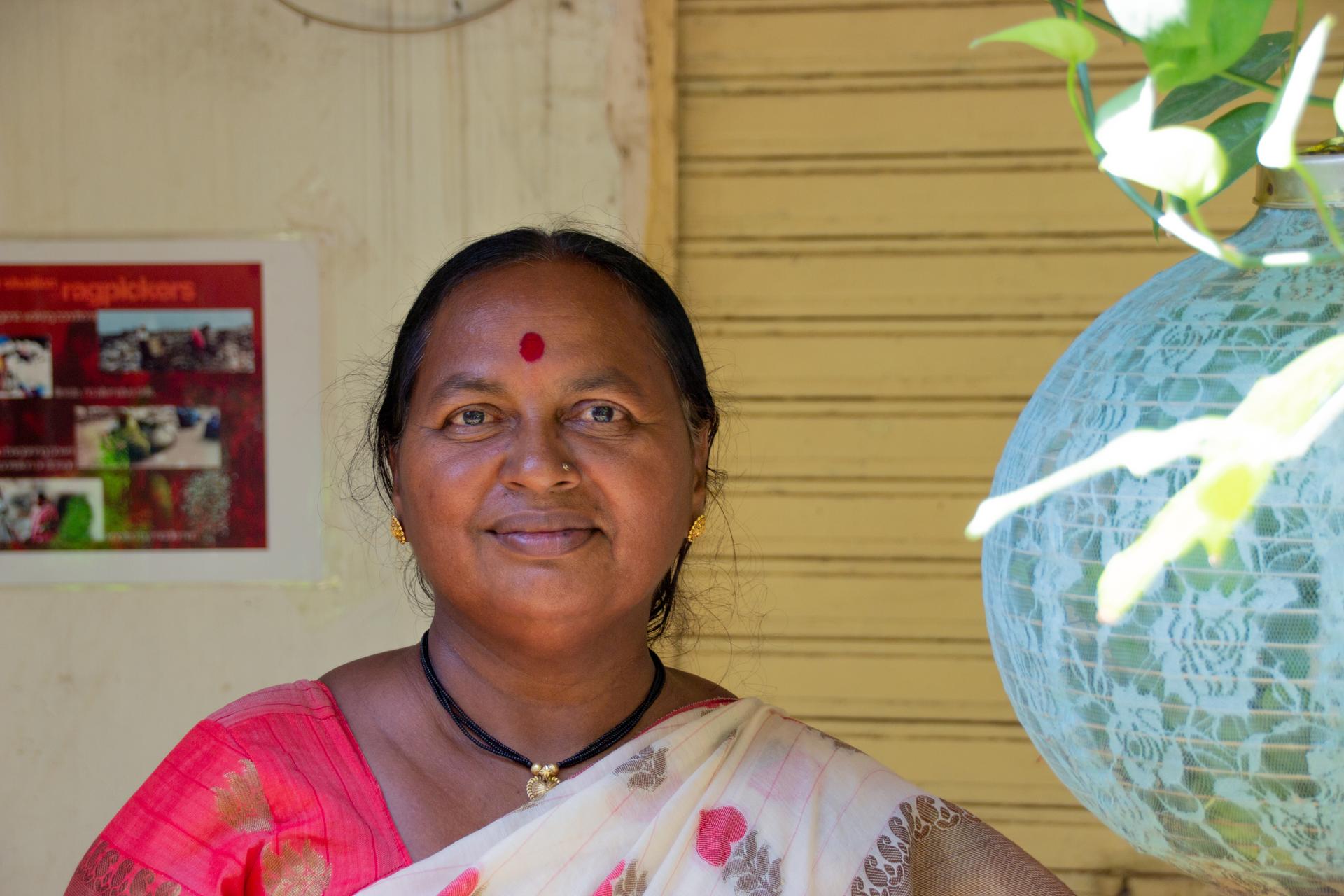
“From the year 2008, we have been demanding that we be given an identity card, to be recognized and live a life as humane as possible given the circumstances we work in. But [we] have not got the identity card.”
Official IDs protect them from police harassment, reduce the stigma of the job, and waste pickers say it could improve their access to subsidized housing, health care and education for their kids.
New approaches to a growing challenge
The good news is some Indian cities have already begun to incorporate waste pickers into their waste management systems. For instance, the city of Ambikapur, in the state of Chhattisgarh, has given several hundred waste pickers ID cards, so they can collect garbage from people’s homes — where it’s been presorted.
Later, the dry waste will be separated into a whopping 156 different items.
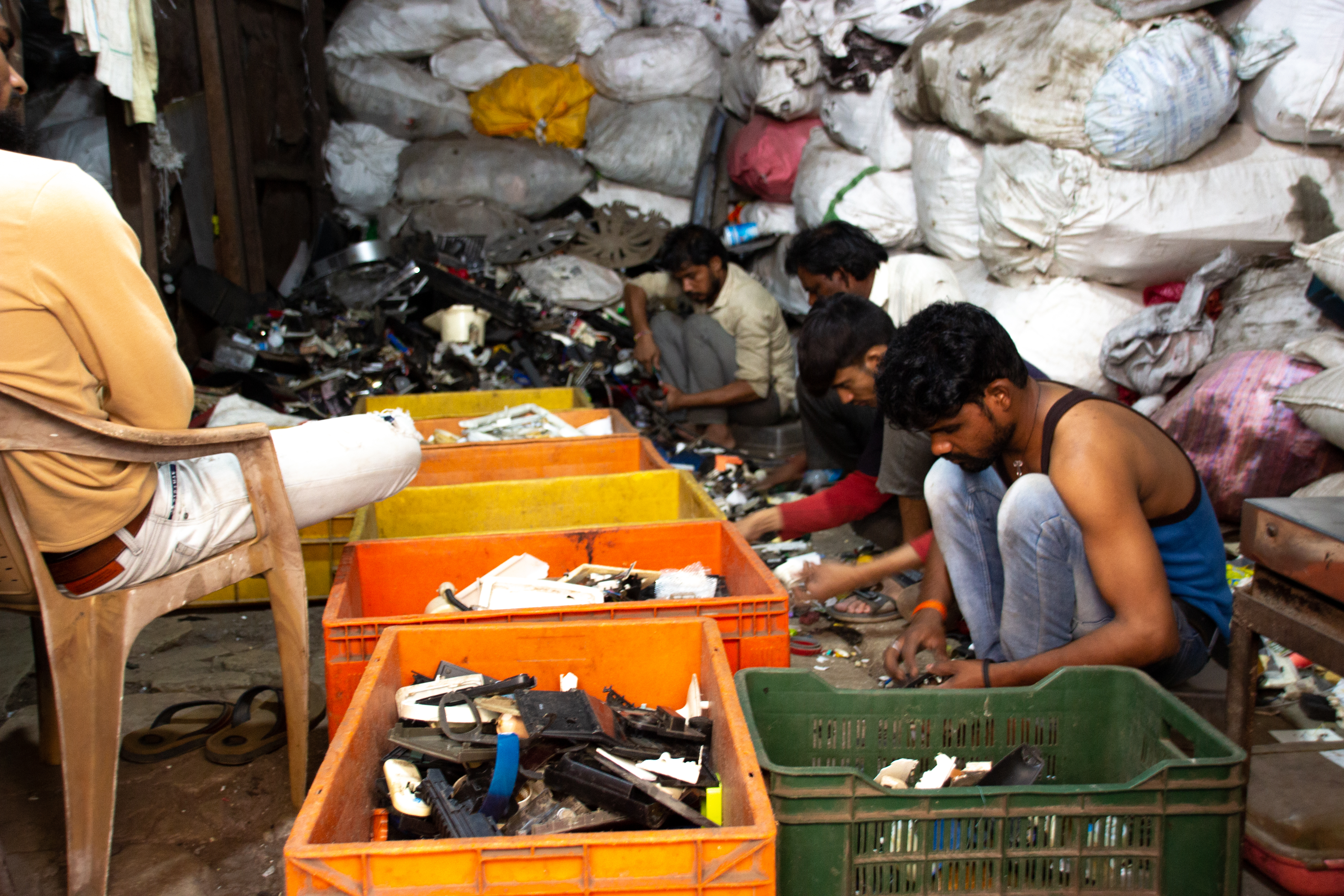
Ritesh Saini, based within the city government, is the local officer for the country’s Clean India mission, Swachh Bharat. Saini explained that they divide their dry waste so carefully because “the more we segregate, the more revenue we can earn.”
As an example, he cited an average water bottle.
“The cap is separated, the plastic wrapper is separated, and the bottle body is separated,” and by selling each piece to a different vendor, Saini said, the city generates a lot more income.
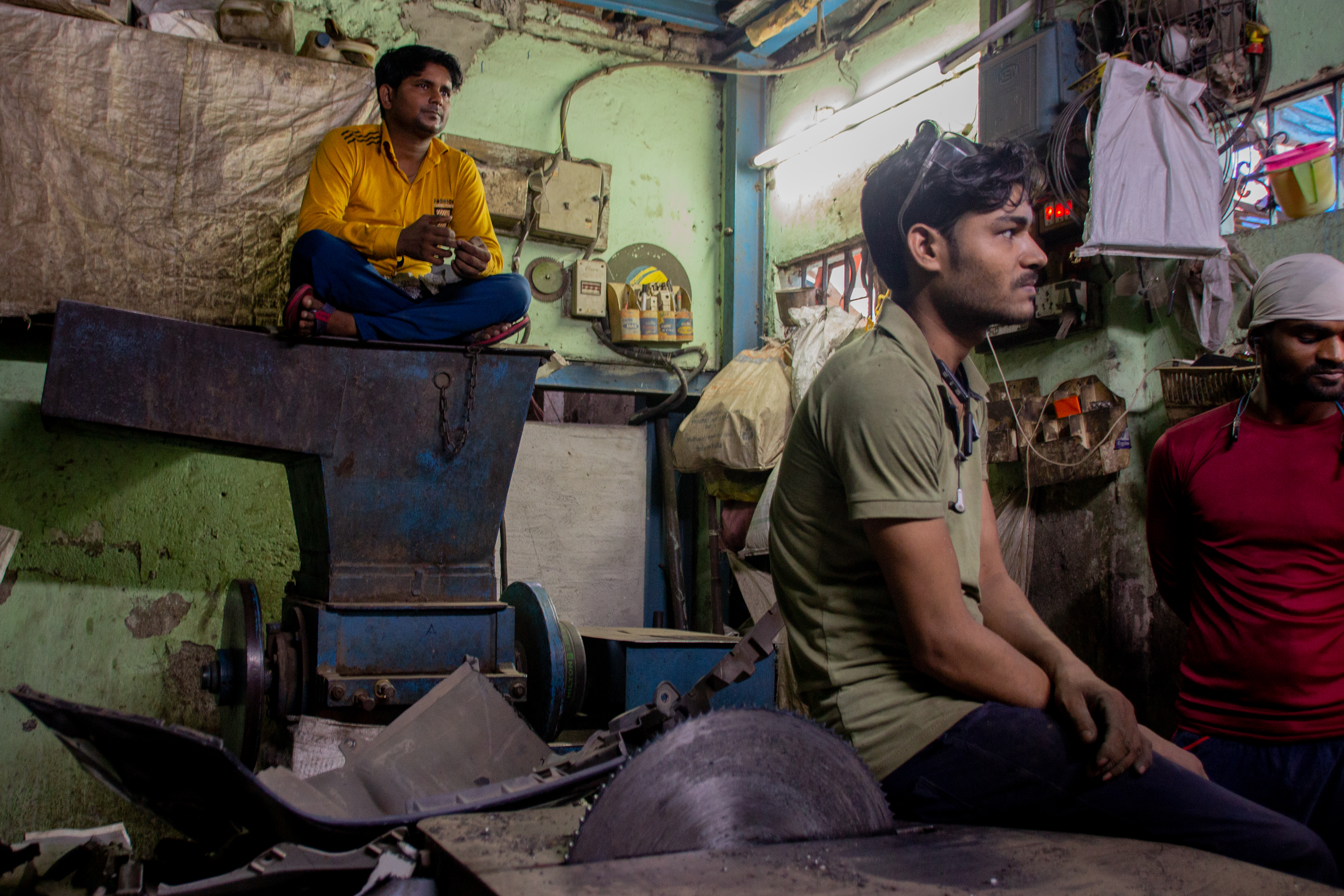
Back in Dharavi, Mohammad said that business is booming for recyclers like him, as Indians throw away more trash than ever. In fact, the Indian government predicts that the country’s plastic use will more than triple in the next decade.
It’s a big reason why waste pickers are asking for more protection and recognition for their role in waste management.
“We work for cleanliness of the surrounding living spaces as well as protecting the environment,” Sable said. “Slowly, the world is recognizing us and our role.”
Listen to the other stories in the four-part Waste Pickers series on The World:
Trash sorters in Ghana face health and safety risks
Tokyo’s trash-collecting samurai takes a fun, zany approach to cleanup
